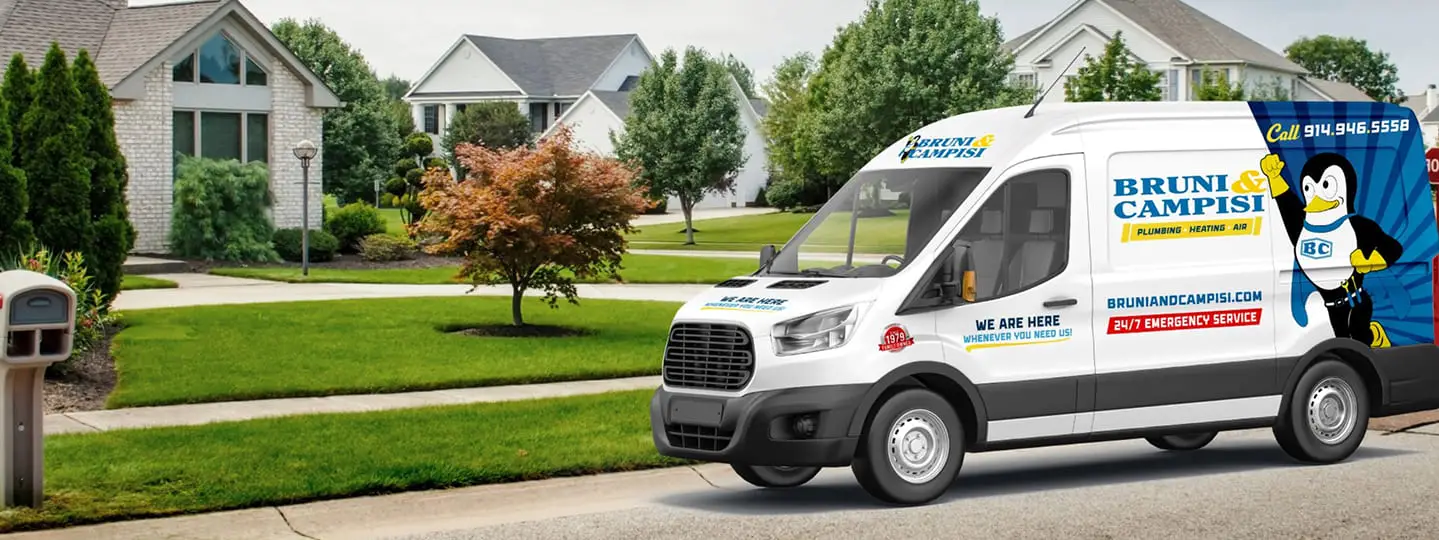At Bruni and Campisi | Plumbing, Heating and Air Conditioning, we are committed to ensuring that individuals with disabilities enjoy
full access to our websites. In recognition of this commitment, we are in the process of making modifications
to increase the accessibility and usability of this website, using the relevant portions of the Web Content
Accessibility Guidelines 2.0 (WCAG 2.0) as our standard. Please be aware that our efforts are ongoing. If at
any time you have difficulty using this website or with a particular web page or function on this site, please
contact us by phone at (914) 465-3247 or email us at Service@brucaminc.com and place
"Web Content Accessibility (ADA)" in the subject heading and we will make all reasonable efforts to assist
you.
